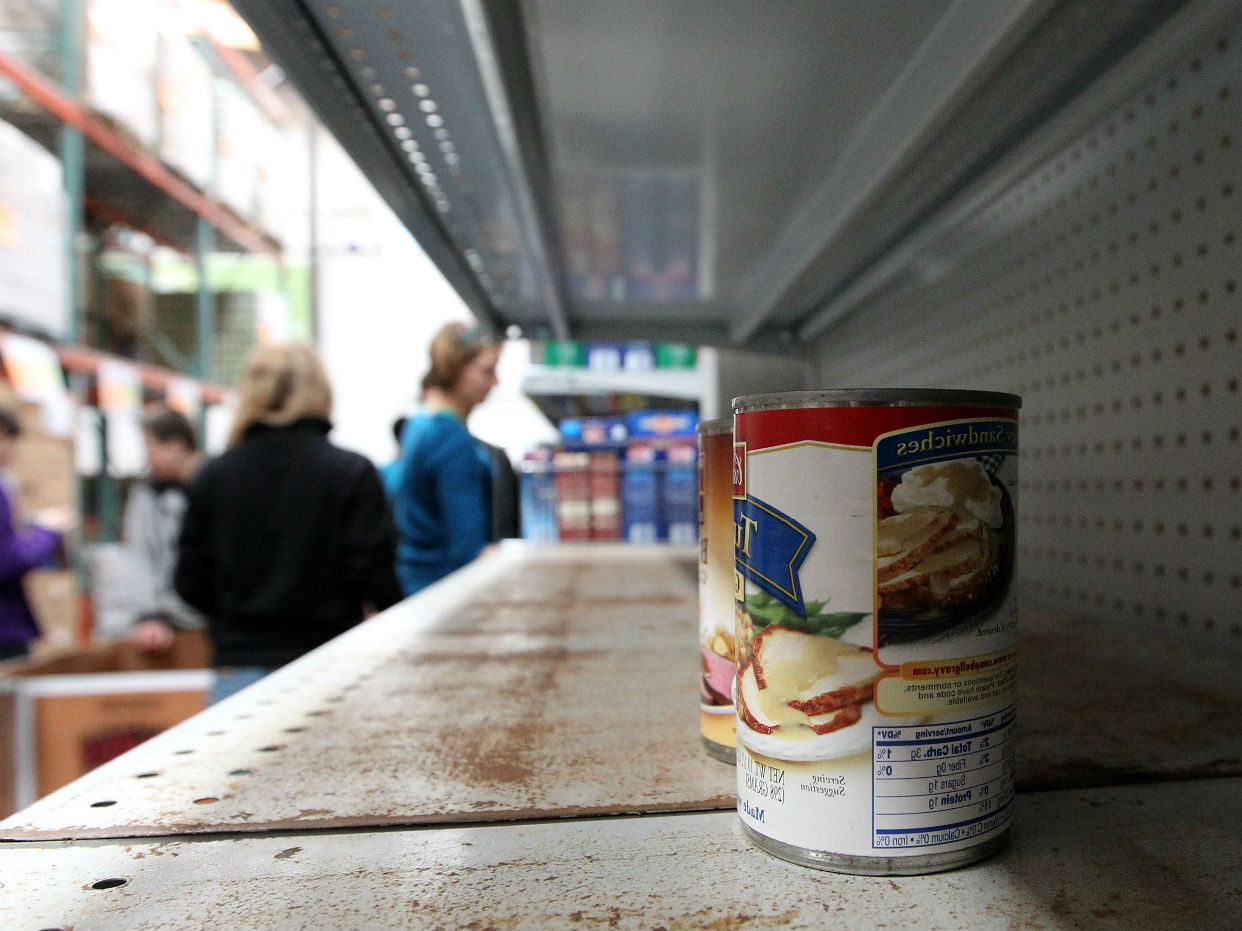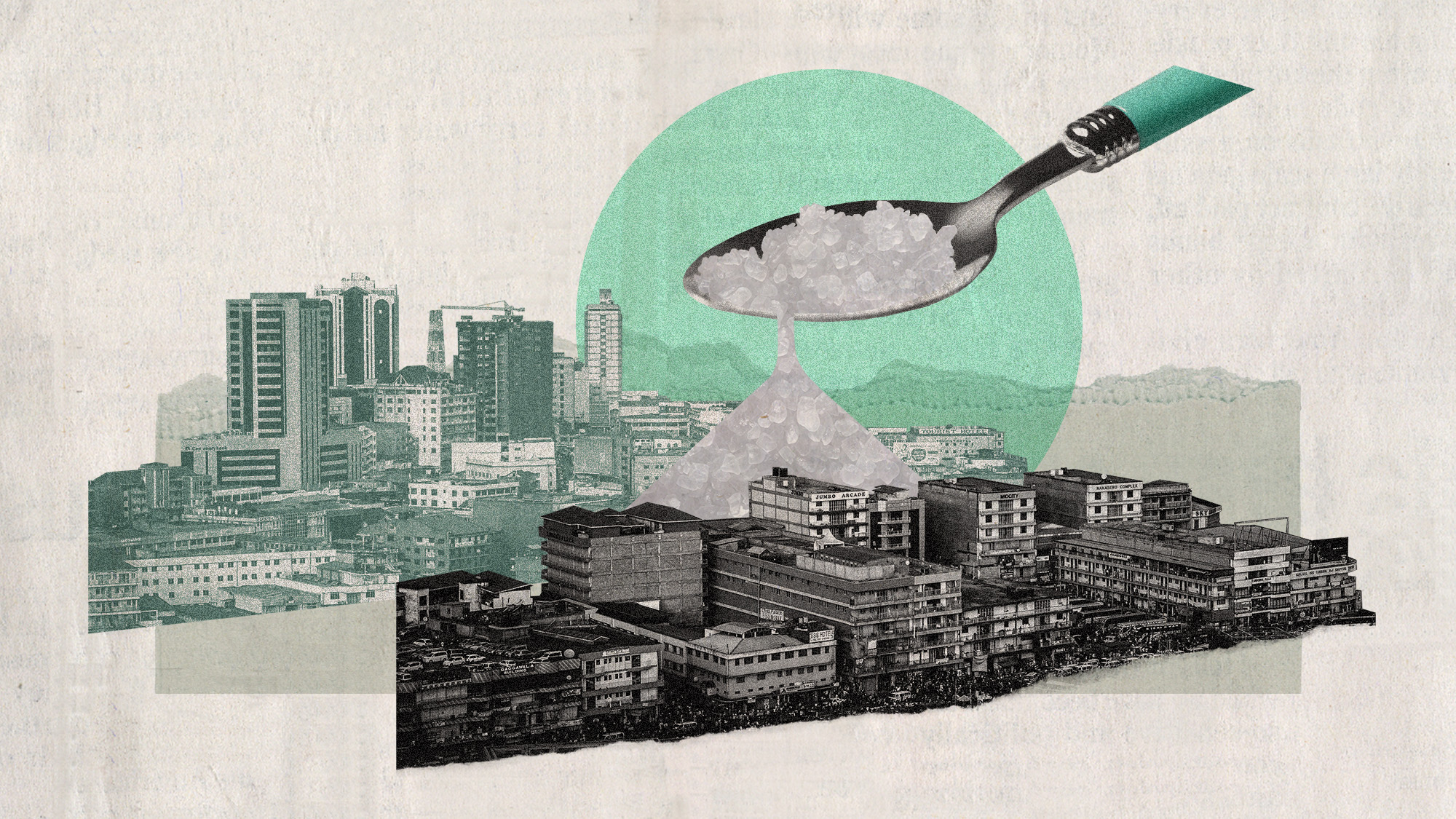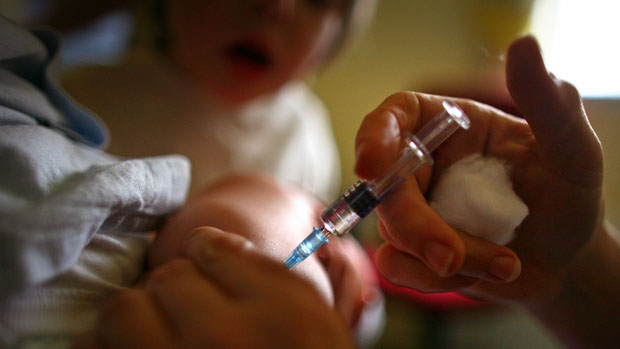Poverty blamed for return of Victorian-era diseases
NHS numbers show that Britons are increasingly affected by malnutrition and gout

Poverty levels, junk food consumption and cuts to social services have been blamed for a resurgence of Victorian-era diseases such as malnutrition, scurvy and gout.
Compared to data collected in 2011, malnutrition numbers have risen by 50 per cent, with 7,366 people admitted to hospital with a malnutrition diagnosis between August 2014 and July this year, according to the latest NHS figures.
Less common diseases such as scurvy, cholera and scarlet fever have also seen a rise lately: from 82 scurvy cases in 2010/11 to 113 cases in 2014/15, and from nine cholera cases in 2010/2011 to 36 in 2014/15.
The Week
Escape your echo chamber. Get the facts behind the news, plus analysis from multiple perspectives.

Sign up for The Week's Free Newsletters
From our morning news briefing to a weekly Good News Newsletter, get the best of The Week delivered directly to your inbox.
From our morning news briefing to a weekly Good News Newsletter, get the best of The Week delivered directly to your inbox.
With 445 food banks in the UK and more than one million people now using them per year, health campaigners believe it is no wonder poverty-related diseases are coming back.
Speaking to The Independent, Diana Jeffrey, chair of the Malnutrition Task Force and charity Age UK, says: "Malnutrition is preventable, so it is totally unacceptable that estimates suggest there are at least one million older people malnourished or at risk of malnourishment. Cuts to social care mean many older people are being left to cope on their own."
The worst-affected areas are Devon, Cornwall and the Isles of Scilly, where 2.4 people out of every 100,000 were diagnosed with malnutrition in 2014/2015. Similarly, gout patients have increased by 60.5 per cent, from 65,387 in 2010/2011 to 104,972 in 2014/2015.
Gout used to be a common affliction – Henry VIII famously had it – mostly associated with excess consumption of food and drink, which meant that the rich were more likely to suffer.
A free daily email with the biggest news stories of the day – and the best features from TheWeek.com
Now, with cheap junk food widely available and obesity rates ever higher, it is common among poor and rich alike.
Speaking to the Daily Telegraph, Tam Fry, from the National Obesity Forum, said the rise in gout figures "emphasises how ignorant people are in general about the consequences of overeating".
The government is being urged to come up with a healthy strategy to tackle these issues, starting with backing down on the tax credits cuts, which campaigners say would entrench food insecurity for the poor.
Many have also called for a sugar tax, with Prof John Ashton, president of the Faculty of Public Health, saying the funds could be used to improve children's health.
The Department of Health said: "There is no level of malnutrition that is acceptable – though these figures may well be in part due to better diagnosis and detection by our health staff and carers."
It added that it was working on various projects and schemes to tackle the issue.
-
 High Court action over Cape Verde tourist deaths
High Court action over Cape Verde tourist deathsThe Explainer Holidaymakers sue TUI after gastric illness outbreaks linked to six British deaths
-
 The battle over the Irish language in Northern Ireland
The battle over the Irish language in Northern IrelandUnder the Radar Popularity is soaring across Northern Ireland, but dual-language sign policies agitate division as unionists accuse nationalists of cultural erosion
-
 Villa Treville Positano: a glamorous sanctuary on the Amalfi Coast
Villa Treville Positano: a glamorous sanctuary on the Amalfi CoastThe Week Recommends Franco Zeffirelli’s former private estate is now one of Italy’s most exclusive hotels
-
 Why women are most at risk in Africa's obesity crisis
Why women are most at risk in Africa's obesity crisisUnder the Radar Stigma and lack of access to medication draws comparisons with HIV epidemic
-
 The state of British children’s health in five statistics
The state of British children’s health in five statisticsSpeed Read New study shows UK falling behind on key indicators including infant mortality and vaccinations
-
 Study finds more than 4m in UK are trapped in deep poverty
Study finds more than 4m in UK are trapped in deep povertySpeed Read Anti-poverty campaigners say austerity has reversed progress